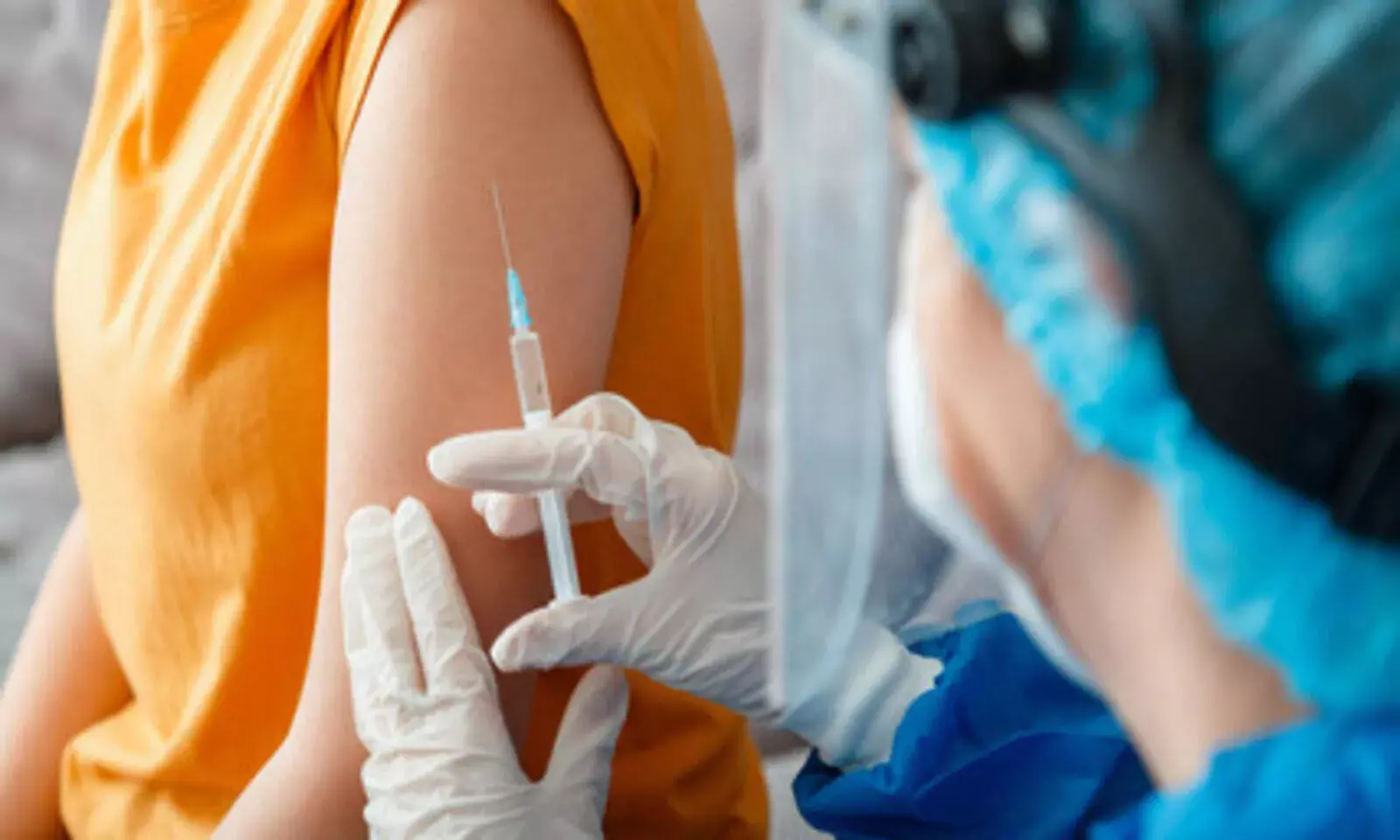MP's Claim That COVID Vaccine Immunity Lasts 6-9 Months Misleading
Lok Sabha MP Sanjeev Kumar Singari's statement premature and vaccines bring highest return on investment, say experts

Lok Sabha MP Sanjeev Kumar Singari, in a discussion over grants for the Union Ministry of Health and Family Welfare in the Lower House on March 17, 2021, argued that Rs 35,000 crore should not be granted on the inoculation drive. While suggesting that this money be instead used on improving health infrastructure in the country, he claimed that the effect of the vaccine would last only six to nine months.
"Now the government is proposing to spend Rs 35,000 crore on COVID-19 vaccination. This is a waste of money in my view. COVID-19 vaccine saves us only for 6-9 months, after that Rs 35,000 crore will be evaporated," said the Kurnool MP, who is a doctor by profession.
However, virologists and other scientists called this statement misleading. "It is too premature to make any such statement," Dr T Jacob John, virologist and professor emeritus of Christian Medical College, Vellore, told FactChecker. "We haven't crossed 6-9 months after the vaccination. To know for sure how long the immunity will last, we will have to wait. There is no scientific data behind predicting any duration of immunity," he added.
In a situation where people are already sceptical in taking the vaccine, such statements are not in India's favour, he opined.
"The COVID-19 numbers are slowly creeping up, the vaccine is the only intervention to bring these numbers down. It's a shot in the dark, everyone is entitled to their opinion but not to their facts," he added.
Moreover, Dr Shahid Jameel, virologist and director of the school of biosciences at Ashoka University, Haryana, pointed out that the funds won't be entirely used to make and purchase COVID-19 vaccines. "Firstly, part of the funds would also be used to develop new vaccine development platforms for future use. A case in point are the mRNA vaccines (Moderna and BioNTech/Pfizer). Both companies had invested in this platform for about a decade, mainly for cancer vaccines. When COVID-19 came, they repurposed the platform. This is true with Oxford University and their chimp adenovirus platform," Jameel told FactChecker.
Also, vaccines are known to bring the highest return on investment as a public health tool. Each dollar spent on vaccine development and distribution brings back $44 to the economy from children who grow up to be healthy, productive adults, Jameel explained.
How long will immunity to COVID-19 last?
About 95% of subjects retained immune memory at approximately six months after infection, found a research conducted by La Jolla Institute for Immunology (LJI), United States, in November 2020. These findings are consistent with an earlier research study conducted by immunologists from the University of Washington. Recovered individuals produced "memory cells" that persisted for more than three months in the human body, data showed.
"The vaccine is involved in initiating T cell memory response. The body's immune system will remember the antigen — so when there is a real virus threatening the body, the body will respond to it from its immunological memory, Dr Giridhar Babu, professor and head of Life Course Epidemiology, Public Health Foundation of India, told FactChecker.
Research also shows a decline of antibodies after three to five months of inoculation of the vaccine. But experts have pointed out that it is natural for these antibodies to drop. "Absence of antibodies doesn't mean absence of immune response. So even if IgG (immunoglobulin G antibody) levels go down, there will be memory in the system to fight the infection the next time the virus comes around," said Babu.
Absence of antibodies also does not mean that we need booster shots in the future. When a body does not produce an immunological memory, then studies will suggest the need for one, experts say. It also depends on the vaccine in question.
"A Hepatitis B vaccine is taken as three doses as a 0 – 1 – 3 month schedule and then a booster every five years. A flu vaccine, on the other hand, is needed every year. We don't yet know this for a COVID vaccine," Jameel from Ashoka University said.
When asked that in case of reinfection, how will a vaccinated person's body react as compared to someone who's not vaccinated, experts said COVID-19 vaccines have been tested for their ability to prevent disease and not infection.
"It has been observed that it is milder for those who have been reinfected after taking the vaccine. That most likely happens because the person did not raise a good enough immune response. Humans are not alike in their immune responses," said Jameel.
"From a scientific and theoretical perspective, those who are vaccinated will have better chances of not being hit by a severe disease or death. That is the premise of vaccination," concluded Babu.



